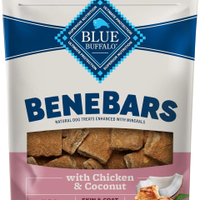Can dogs drink coconut water? We asked a veterinary expert
Can dogs drink coconut water? Read this vet-written guide to discover whether coconut water is a hydrating help or a harmful hazard
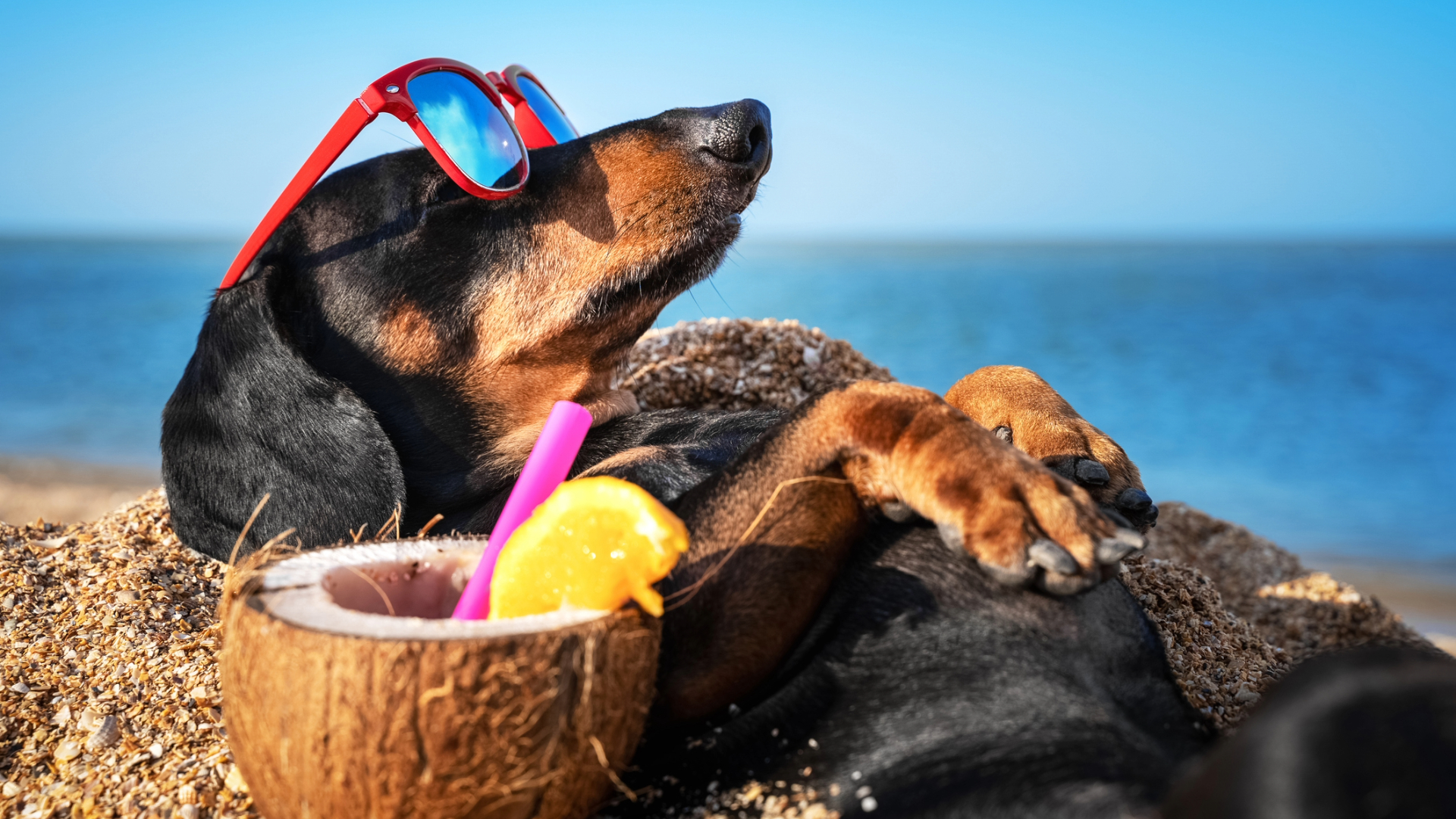
Dog owners are often on the lookout for healthy and hydrating treats for their pets, leading to the question: can dogs drink coconut water? With its reputation for being rich in electrolytes and nutrients, coconut water seems like a great option, but is it truly safe for our canine companions?
This article will explore whether coconut water is a suitable drink for dogs, its potential health benefits, and any risks associated with offering it to your pup. As a practicing vet with over 13 years of experience advising pet owners on canine nutrition, I’ll provide expert guidance on whether this tropical drink is a good choice for your furry friend.
For more ways to keep your pet hydrated, check out our guide to the best pet water fountains.
Can dogs drink coconut water?
Yes, dogs can safely drink coconut water in moderation. Coconut water is rich in electrolytes such as potassium, magnesium, and calcium, which can help with hydration – especially after exercise or in hot weather. It also contains antioxidants and amino acids that support overall health.
There are, however, some risks to consider:
- Natural sugars in coconut water can contribute to weight gain if given too often
- High potassium levels may be harmful to dogs with kidney or heart issues
- Many store-bought brands contain additives, preservatives, or added sugars that are unsafe for dogs – always choose pure, unsweetened coconut water
To safely give coconut water to your dog it is recommended to offer only small amounts as an occasional treat, monitor for digestive issues, such as diarrhea, and always provide fresh water as their primary source of hydration.
How much coconut water can my dog have?
When it comes to coconut water for dogs, moderation is essential. A small dog should have no more than a few teaspoons, or a few ounces, while a larger dog can have a few tablespoons at a time. Always introduce it gradually and monitor for digestive issues like diarrhea or an upset stomach in dogs.
Coconut water is high in potassium, and excessive amounts could lead to an electrolyte imbalance. Symptoms of too much potassium (hyperkalemia) may include muscle weakness, irregular heartbeats, nausea, or vomiting. If your dog accidentally drinks a large amount, contact your vet for advice.
To be safe, consider offering coconut water as an occasional treat rather than a daily addition to your dog's diet. Always ensure your dog has access to clean, fresh water at all times to avoid dehydration.
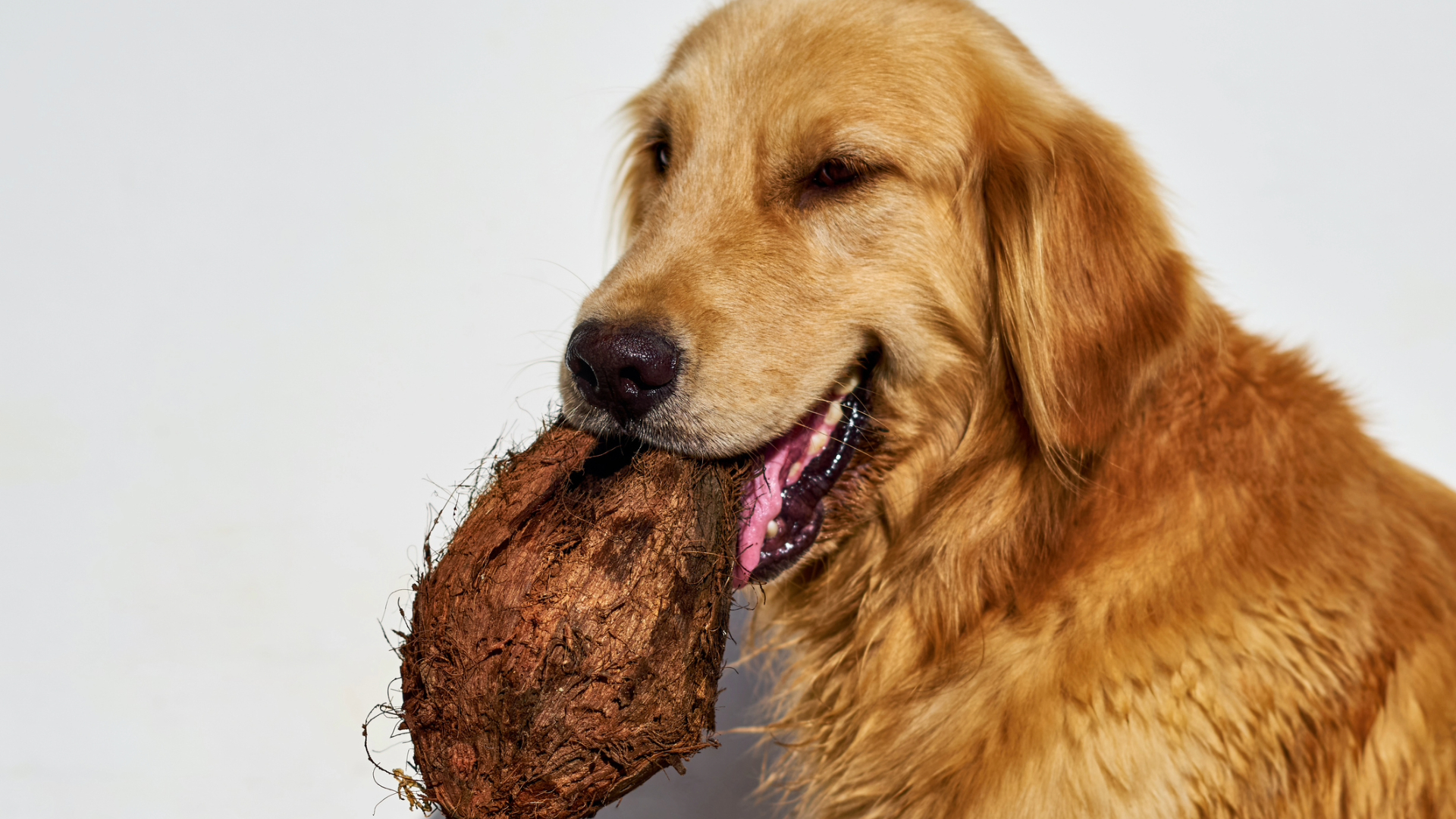
Can dogs drink coconut milk?
Coconut milk is thicker and higher in fat than coconut water, as it’s made by blending coconut flesh with water. While dogs can have small amounts, it’s not ideal for regular consumption due to the high fat content.
Coconut milk contains medium-chain triglycerides (MCTs), which can have health benefits, including supporting brain function. However, too much fat can lead to digestive upset or even pancreatitis in some dogs, particularly those prone to stomach issues.
Additionally, store-bought coconut milk often contains additives, stabilizers, and sweeteners that may not be safe for dogs. If you do want to offer your dog coconut milk, opt for unsweetened varieties and give only a small amount as a very occasional treat.
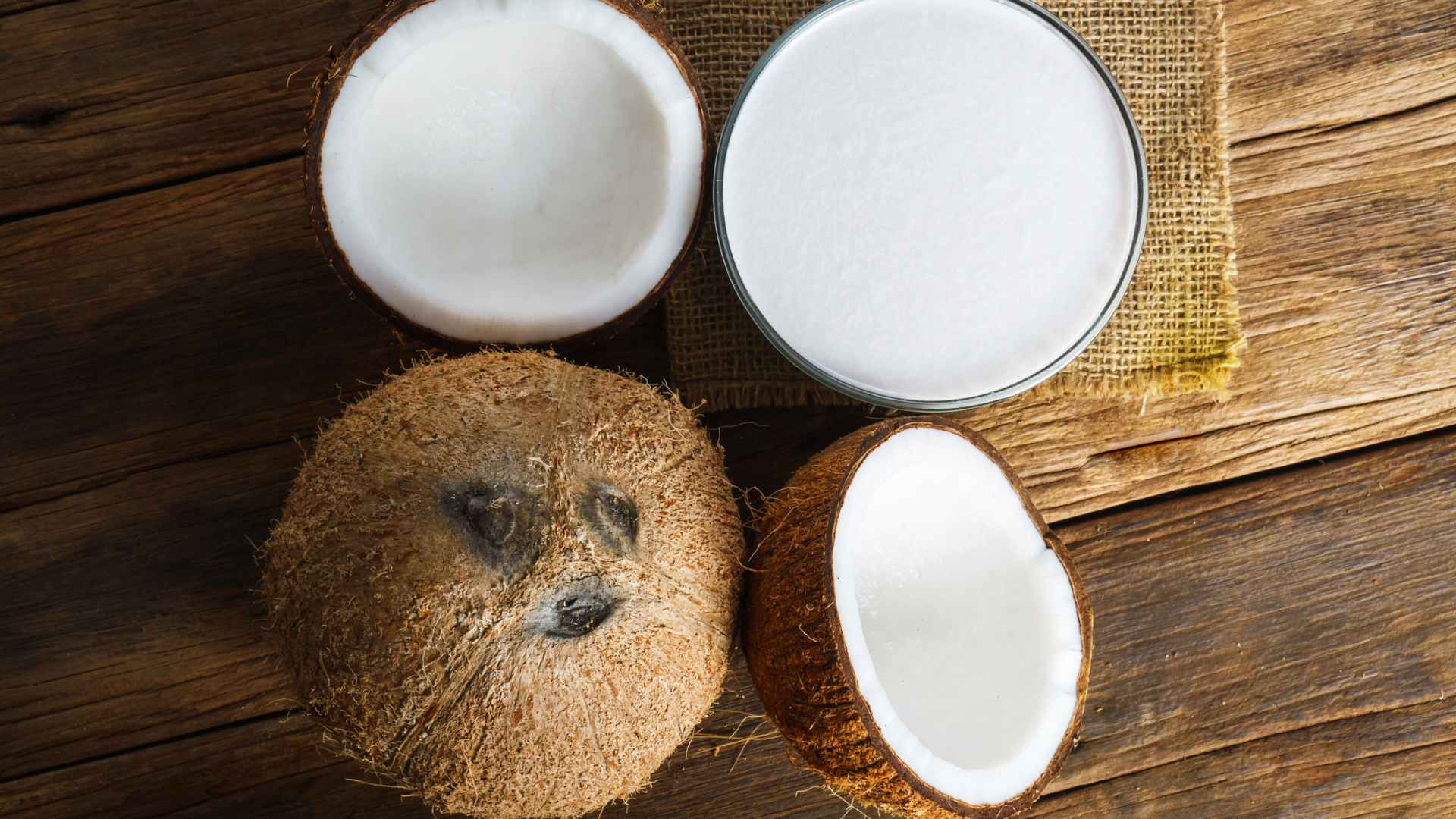
Can dogs eat fresh coconut?
Dogs can eat fresh coconut in small amounts. The white flesh of the coconut is safe for them to eat and contains healthy fats, fiber, and antioxidants. It can be offered in small, bite-sized pieces as a treat.
Although coconut is technically a safe food for dogs, again it should only ever be given in moderation due to its high fat content. Too much coconut can cause digestive upset and lead to unnecessary weight gain. Additionally, avoid giving your dog the hard shell and husk as it poses a choking hazard and can be difficult to digest. Make sure you know what to do if a dog is choking too so that you are prepared.
Coconut flakes or shredded coconut can also be offered, but make sure they are unsweetened and free from additives. You can even mix a small amount into your dog's food as an occasional supplement. There are lots of other surprising things dogs can eat apart from dog food as well as coconut flakes.
Blue Buffalo Treats with Chicken and Coconut | Amazon
These tasty treats are crafted with natural ingredients, including USA-sourced chicken and coconut, to promote a healthy, shiny coat. Packed with Omega-3 and Omega-6 fatty acids, these crunchy bars provide essential nutrients to support skin health while offering a delicious, protein-rich snack for your dog.
Is coconut a laxative for dogs?
Coconut can have a mild laxative effect on some dogs, especially if they consume it in large amounts. The fiber and fat content in coconut flesh may stimulate digestion, potentially leading to loose stools or diarrhea in dogs with sensitive stomachs.
Coconut oil, often added to dog food for its potential health benefits, can also cause digestive upset if given in excess. If a dog experiences stomach discomfort after eating coconut, it is best to reduce the amount or avoid it entirely. Since every dog reacts differently, some may tolerate coconut well, while others may be more sensitive.
It is important to note that coconut oil and other coconut-based products should never be intentionally used as a laxative for dogs. Excessive consumption can lead to more serious health issues, such as pancreatitis, which requires immediate veterinary attention.
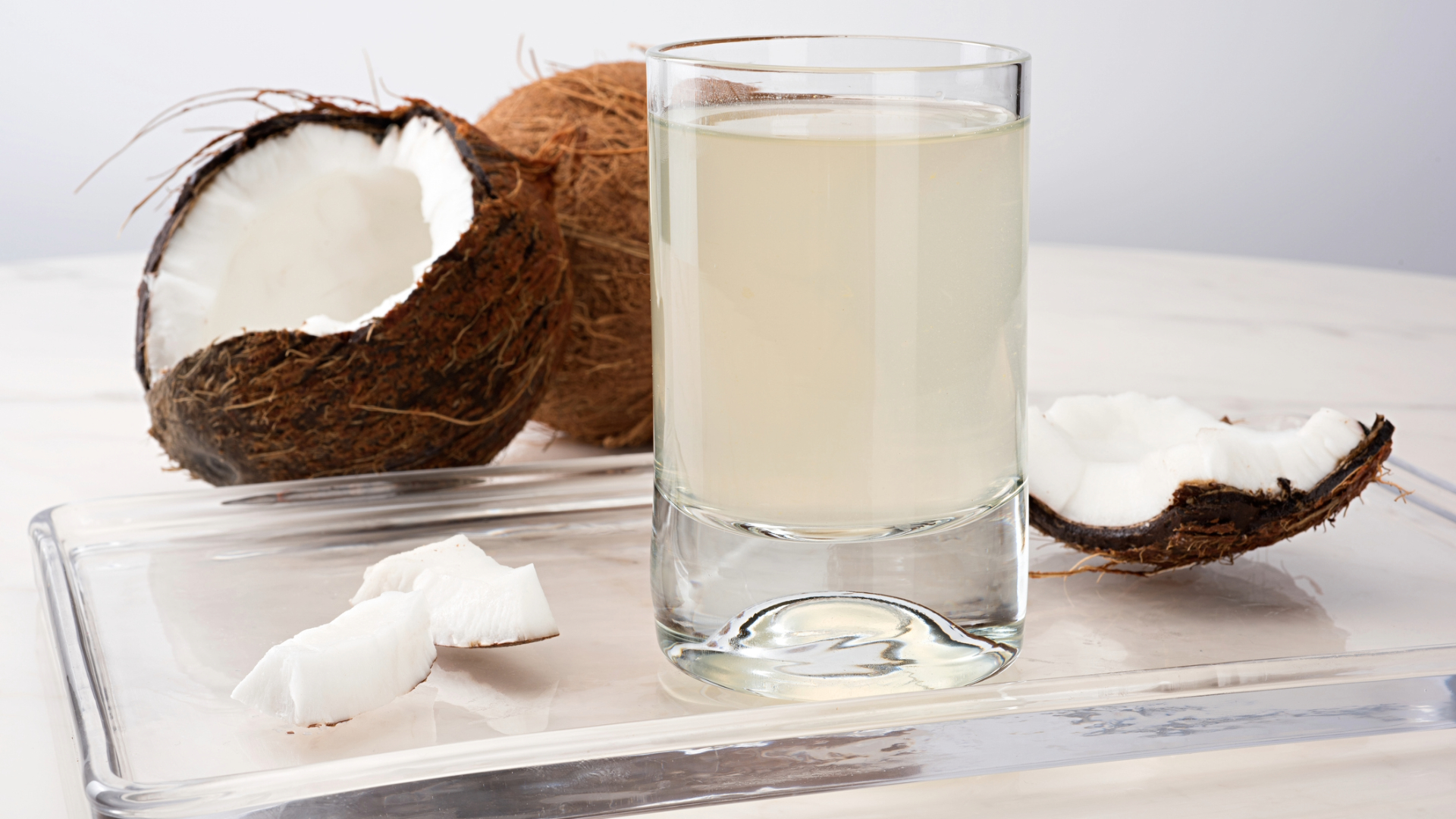
Additional considerations for dogs with health conditions
While coconut water and coconut-based products can be safe for healthy dogs in small amounts, they may not be suitable for dogs with certain medical conditions. Dogs with kidney disease, diabetes, or pancreatitis should avoid coconut water due to its high potassium and natural sugar content. Similarly, overweight dogs should only have coconut-based treats occasionally, as the fat content may contribute to weight gain.
Before introducing coconut products, or any other new foods to your dog’s diet, consult with your vet, especially if your dog has pre-existing health concerns.
Coconut water can be a refreshing and nutritious treat for dogs when given in moderation, offering hydration and essential minerals. However, it should not replace fresh water, and pet owners should be mindful of the potential risks of excessive consumption. Coconut milk and fresh coconut can also be enjoyed in small amounts, but high fat and fiber content mean they should be offered sparingly.
Read next: Can dogs drink milk? and How much water should my dog drink?
Edited by Megan Milstead
Recent updates
This feature was last updated in February 2025 by Emma Chandley.
PetsRadar Newsletter
Get the best advice, tips and top tech for your beloved Pets
Emma Chandley is a vet with 14 years of experience and has a keen interest in surgery. After graduating from the Royal Vet College in London in 2011, she achieved a postgraduate certificate in small animal surgery from the British Small Animal Veterinary Association and Nottingham Trent University. She was then awarded advanced practitioner status in the same discipline by The Royal College of Veterinary Surgeons. She has a black Labrador and two pygmy goats at home.
